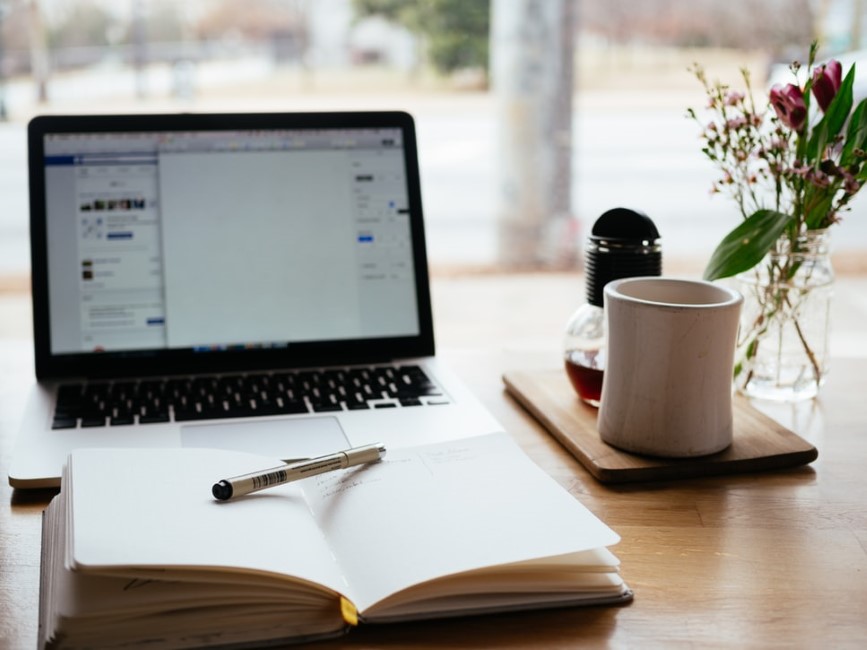“Where do you start?” That’s often the first thing I ask myself when beginning on a production – whether it’s a short video, a podcast or a media content strategy.
First I snap down the cover of the laptop and put it away, take out my notebook and pen and do a brain-dump – a list of what I want the content to achieve, what I want to say. It’s in no particular order, but helps put the main points and messages out of the brain and onto paper.
It’s visual, practical and easy to share.
Yes, it’s not digital to start with, but a good App like Evernote helps turn it into a share-able and digital version quickly.
So the project begins…..
These are my four P’s – the tried and tested way that I use to get a project over the line, keeping the focus, the deadlines and the content – for the whole team.
PREPARE
This is the part where you ask yourself or your team lots of questions.
What equipment will you need? What resources? What locations? What associates need to be involved? And what is the end result you want to achieve? What’s the budget? All of these questions need to be discussed, and assessed, in advance of any project. This is the time for the first To Do list. Don’t forget to take a photo of the first To Do list – be it a whiteboard, a series of pages in a notebook, an Evernote note, a doodle-like mind-map.
PLAN
The calendar is a key planning tool for us. We use a shared Google Calendar and sometimes Trello (which gives you a very good visual To Do List) at this point. Google Calendar to map out and timetable the To Do list. Until it’s in the calendar and time assigned, and with clear deadlines, it’s not going to happen. Interviews and recording dates are agreed, a contact list of the personnel required, which can be found by the relevant staff in the shared files. Then the tasks are assigned – and hopefully the deadlines are realistic. If not, they will quickly slip.
More and more, teams are meeting in virtual spaces, so as well as Google Calendar, we use Google Drive a lot to share folders, content and updates. And sometime soon, we will be able to leave the 50-strong email string behind, and ban them forever.
PRODUCE
This should be the most enjoyable part, and often it’s the part people want to jump straight into! Provided you have done the planning, that you’ve thought through the equipment, conditions and personnel required, then it begins to come together. The planning in the timetable really comes into its own here.
POST
Post means – after, and post as in broadcast.
This is as important as the planning – where is your content going and what is your content strategy? That defines the content from the beginning. For video, we tend to make the longer videos for YouTube, with a short promo clip of about 10 seconds for posting on social media, such as Twitter, Instagram and Facebook.
If it’s audio, then we’re looking at website pages, Soundcloud or similar for hosting the audio, and then also a short video clip to promote the audio on Twitter, Instagram and Facebook.
Post – also means post-production, as vital a part of the project as the other parts. Getting the final details over the line, the boring bits that always need to be done before everyone can walk away. Earlier attention to detail such as names and titles of people on videos, where to save them to for archive material, and essential permissions. Not to mention the dreaded GDPR for records.
Conclusion
After any project ends, no matter how big or small, it’s a good idea to review how things went. This should be a blame-free chance to talk about what worked and what didn’t, to figure out which deadlines (if any) slipped and why. Ideally everyone should have a chance to feedback on how things went. By reflecting in this way you can make sure that when it comes to planning the next project things will run smoother.
One of Aileen O’Meara’s biggest projects this past year was a six part series of radio programmes entitled “Let’s Talk Dementia” – presented by Fionnuala Sweeney, with New Decade Productions as Executive Producer. Funded by the Sound and Vision Fund of the BAI, from your television licence fee. www.aileenomeara.ie


